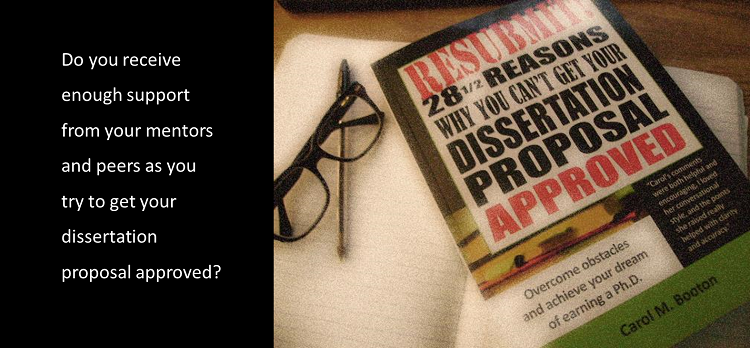Few things are more dreaded than submitting our dissertation proposal or manuscript and receiving a notice to revise and resubmit. We work hard on our papers. We are sure they are perfect. So what is the problem?
Why reviewers might reject your dissertation
Institutional reviewers reject our dissertations for three main reasons:
- We messed up the format.
- We didn’t follow the style guide.
- Our content is out of alignment or unclear.
Any of these can lead to rejection of our paper.
In this free e-guide, I describe each problem area in detail, offer some examples of what can go wrong, and give you a checklist and some tips on how to revise so you have the best chance of earning approval.
Download free e-guide Before You Submit
Follow this checklist to improve your chance of receiving approval
- Did you follow your institution’s template?
- Are your margins correct?
- Do all text, tables, and figures appear within the margins?
- Are you using an acceptable font style and size?
- Is your line spacing double-spaced, except for the exceptions allowed by your institution?
- Do you have a consistent number of spaces between sentences?
- Did you apply Word styles to all your headings and subheadings, following APA style?
- Did you auto-number your tables and figures?
- Did you avoid any big gaps (white space) around your tables and figures?
- Are your page numbers in the right place, showing lowercase Roman numerals in the front matter and Arabic in the paper itself?
- Did you refer to all your appendices in the text? Are they arranged in the appendices in the order you mention them?
- Did you update your table of contents?
- Did you update your lists of tables and figures?
- Did you review your paper for grammar, style, and punctuation errors, letting Word help you?
- Did you spell check the paper?
- Do the major elements in the paper align?
- Did you cite all the ideas you “borrowed” from others?
- Did you avoid wordy and ambiguous phrases?
- Did you save your paper with the file naming format required by your institution?
Some insider tips from an academic editor
When I edit, I apply a three-stage process:
- First, page by page, I fix formatting problems. I set Word styles, add table and figure numbers, fix pagination, adjust line spacing, and generate the table of contents and lists of tables and figures.
- Next, I edit the paper line by line, fixing grammar, punctuation, APA style problems, citation issues, and formatting problems that I missed on the first pass.
- Finally, I switch to Full Screen Reading mode and read the paper for logic, content, transitions, and alignment among the elements (problem, purpose, research questions, and methods).
Using this process, I review each dissertation three times from three different perspectives: how it looks (format), how it reads (APA style, citations, grammar, and punctuation), and whether it makes sense and complies with academic standards (content, integrity, and clarity).
If you follow this process and complete the checklist, you can feel satisfied that you have addressed the main problems that could motivate your reviewers to reject your paper.
For details, download the free e-guide Before You Submit
Happy writing!




 I’ve written the book I wished I had had when I was sweating over my proposal, watching the clock ticking and thinking, hmmmm, failure is apparently an option after all. I wanted simple, practical advice from someone who had been in my shoes, someone who didn’t throw more academic jargon at me, but shared real stories to give me insight into the obstacles that were holding me back. I wrote the book I didn’t have when I could have really used the help.
I’ve written the book I wished I had had when I was sweating over my proposal, watching the clock ticking and thinking, hmmmm, failure is apparently an option after all. I wanted simple, practical advice from someone who had been in my shoes, someone who didn’t throw more academic jargon at me, but shared real stories to give me insight into the obstacles that were holding me back. I wrote the book I didn’t have when I could have really used the help.